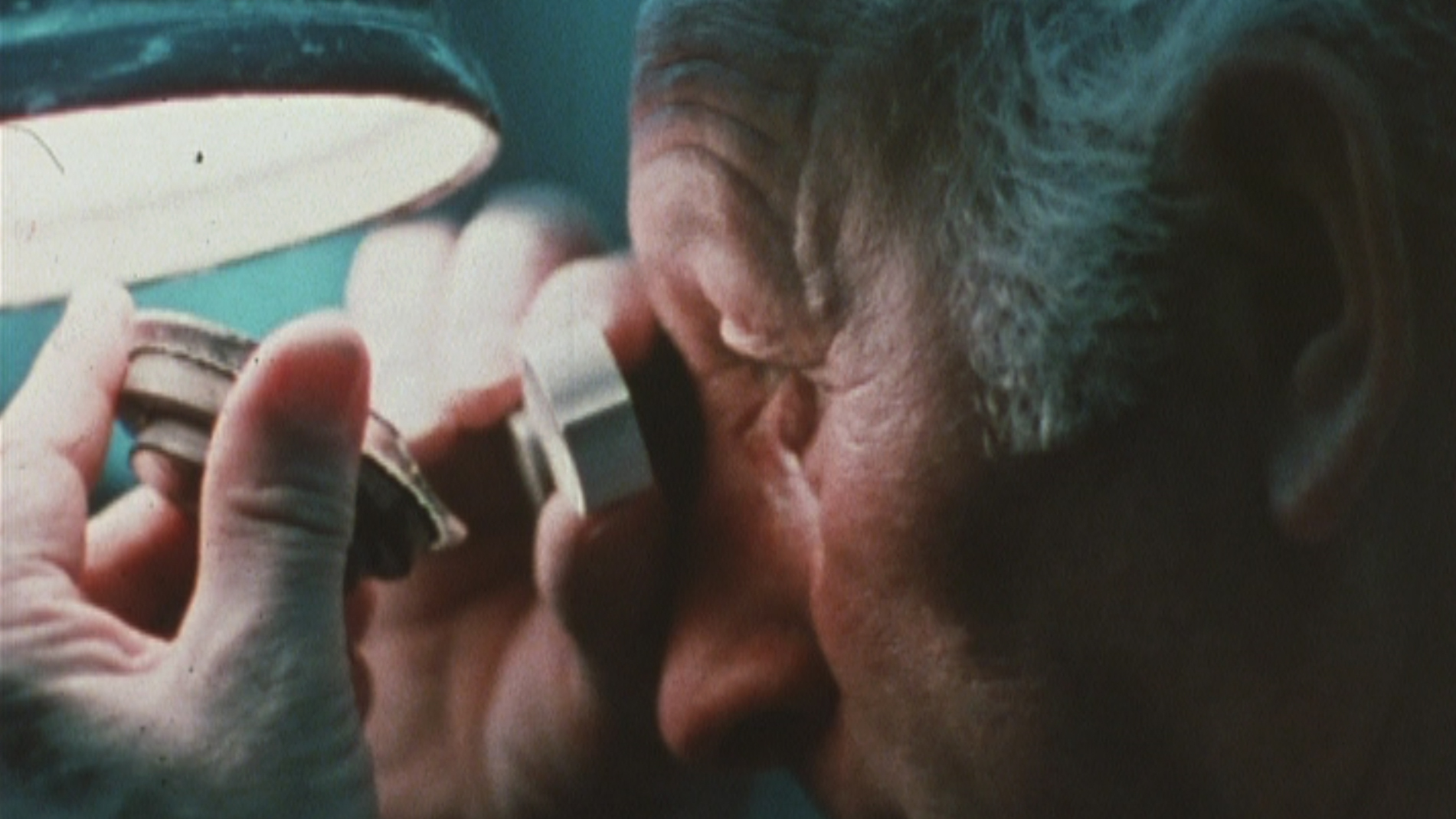
When a filmmaker begins shooting a documentary to recount her mother’s career as an optical engineer, the story is complicated by a non-disclosure agreement signed in 1987 with the Chinese state. In Little Grass, Solveig attempts to construct a personal narrative through the restrictions/limitations of a confidentiality agreement to a powerful state. Following a decade of political closure, Solveig's mother worked under secrecy and surveillance on one of the first international projects where Western designs of optical instruments were purchased by the Chinese state. Defined as a critical technology for development by the government, she contributed to the production of instruments for seeing at a distance and at night. After marrying a Western colleague, her mother was threatened with disappearance by the Chinese state, marked as a traitor, banned from her workplace, and expelled from China to Switzerland in 1987. Little Grass traces around the non-disclosure and absence of information, and weaves alternative genealogies of optics through a mother-daughter relationship, archival footage, tensions between memory and its images, belonging and statecraft, lens crafting, and transposition.